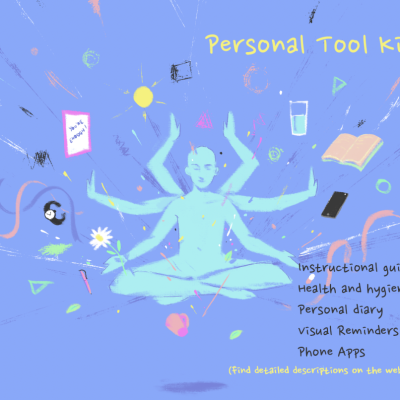digital spaces
Even with all the risks that AI poses, it seems a safer bet than humans trying to exploit dating apps to make quick money.
We had gathered to [discuss] digital self-determination for people with disabilities… focusing on its core component: the self. How can I be myself in digital spaces? What gives me more of a sense of self in these spaces? How can design, technology and policy contribute to helping me determine myself in digital spaces?
What we lack are digital spaces and infrastructures that are informed by the needs of their end users, that prioritise safety, comfort, joy and care.
How might we think of sexuality as innovation, before we jump onto producing new technologies? Does the language of innovation, that of newness, invention and change, have anything to offer in rethinking structures of intimacy?
Now, what you need is a good enough smartphone and sufficient data – these are the real “superstar” in the love affair between Big Tech and CSE.
Friendship – a place where we can be ourselves as we truly are, with no artifice. A place of peace,…
Digital entanglements transcend bodies, time, geographical borders and boundaries, influencing – and perhaps fundamentally changing – the ways in which we understand, explore and express our sexuality.
My self-care journey has only just begun and I have a long way to go. I do have bouts of self-doubt, anxiety, and panic, and I still go through periods of feeling overwhelmed. However, more than anything, I have learnt that self-care, for me, is a subversive act, and caring for myself gives me the strength to challenge the status quo and play my part in social justice movements.
Here’s to some quiet time listening in to what people are saying, and consuming, on the Internet, particularly on social media, on the subject of gender and sexuality.
The pandemic has put us through interesting times, to say the least – of reflecting, learning, realigning, thinking about what really matters, a time to pause and care for ourselves with kindness. At TARSHI, we’re just delighted to have been able to do the same – while also sharing something of what we’ve learnt with you.
In a country like India where both mental health and non-binary identities are topics that are neglected despite being essential parts of an individual’s identity, it can be quite challenging to navigate through issues regarding the same. Accessibility to affordable and quality mental health services is a serious difficulty that the queer Indian population faces.
In the fast-paced digital world of clickbaits and instant gratification, where you can be ‘cancelled’ or ‘trending’ within the same minute, the very act of men talking to other men about alternative masculinities, has the ability to disrupt hierarchies of power, to disrupt the algorithm, to disrupt patriarchy.













